Women in northern Kenya tackle drought through alternative livelihoods
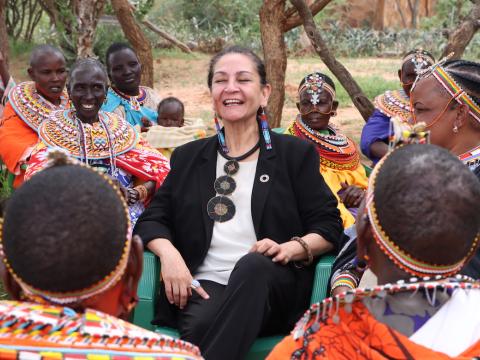
By David Nderitu, Communications Officer, World Vision Kenya
Alternative livelihoods and diversified income sources play a significant role in enabling communities to cope effectively with climate-change induced droughts.
In northern Kenya, where many families - especially women and children - are increasingly bearing the brunt of prolonged droughts, World Vision, in partnership with United Nations (UN) entities among other organisations, has been supporting communities to embrace alternative livelihoods.
This enables them to stop relying solely on crop and livestock production that are severely affected by high temperatures and insufficient rainfall during dry seasons or in times of drought.
During a recent visit hosted by World Vision in Isiolo and Laikipia counties (on May, 11, 2023), Reena Ghelani, the UN Famine Prevention and Response Coordinator, underscored the significance of alternative livelihoods in building the resilience of communities against drought.
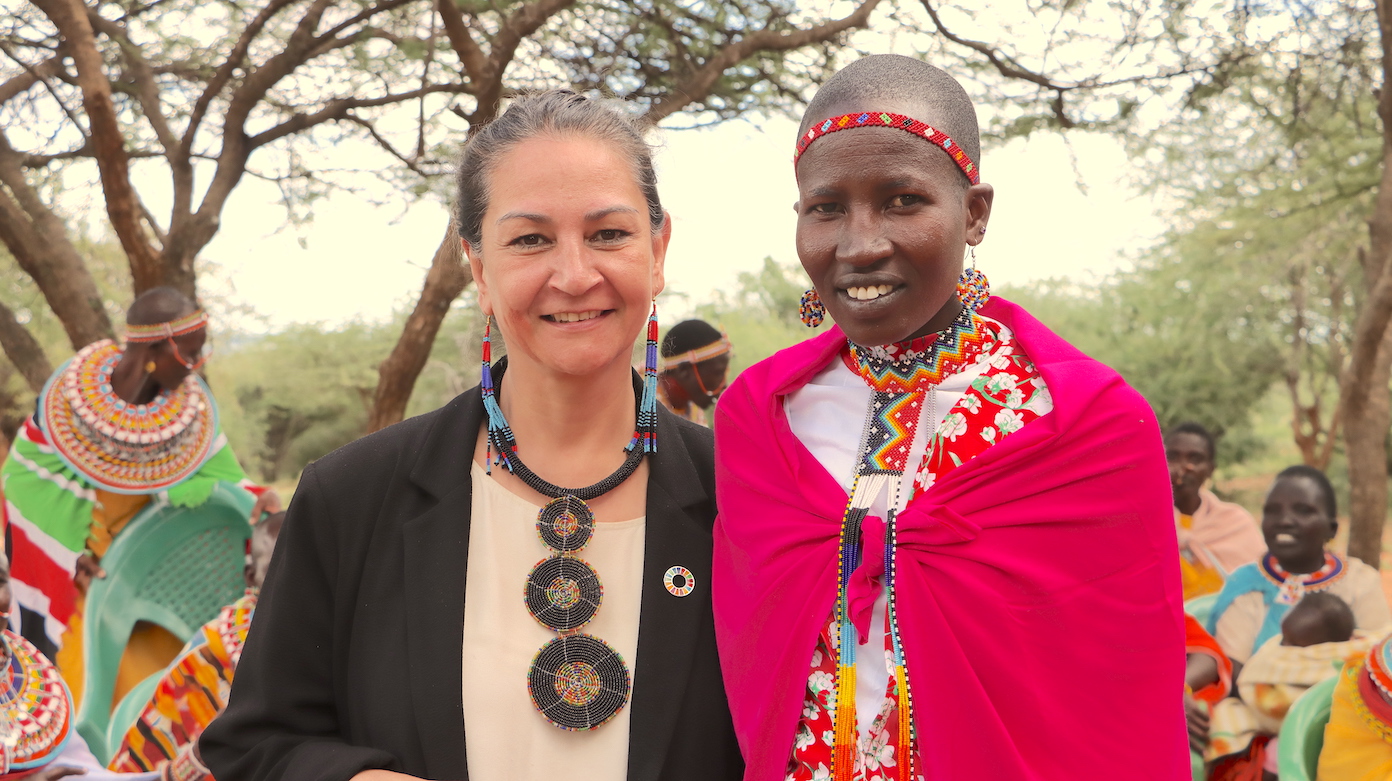
"I am completely blown away by how these women have turned the help they received from World Vision into big enterprises. They have demonstrated how the international community can support communities to build resilience against drought instead of just giving handouts," said Ms Ghelani.
"We are amazed at the resilience and entrepreneurial spirit of these women. They have been the face of hope in these communities despite the challenges," said Jacqueline Rioba, the Director of Resource Acquisition and Management in World Vision Kenya.
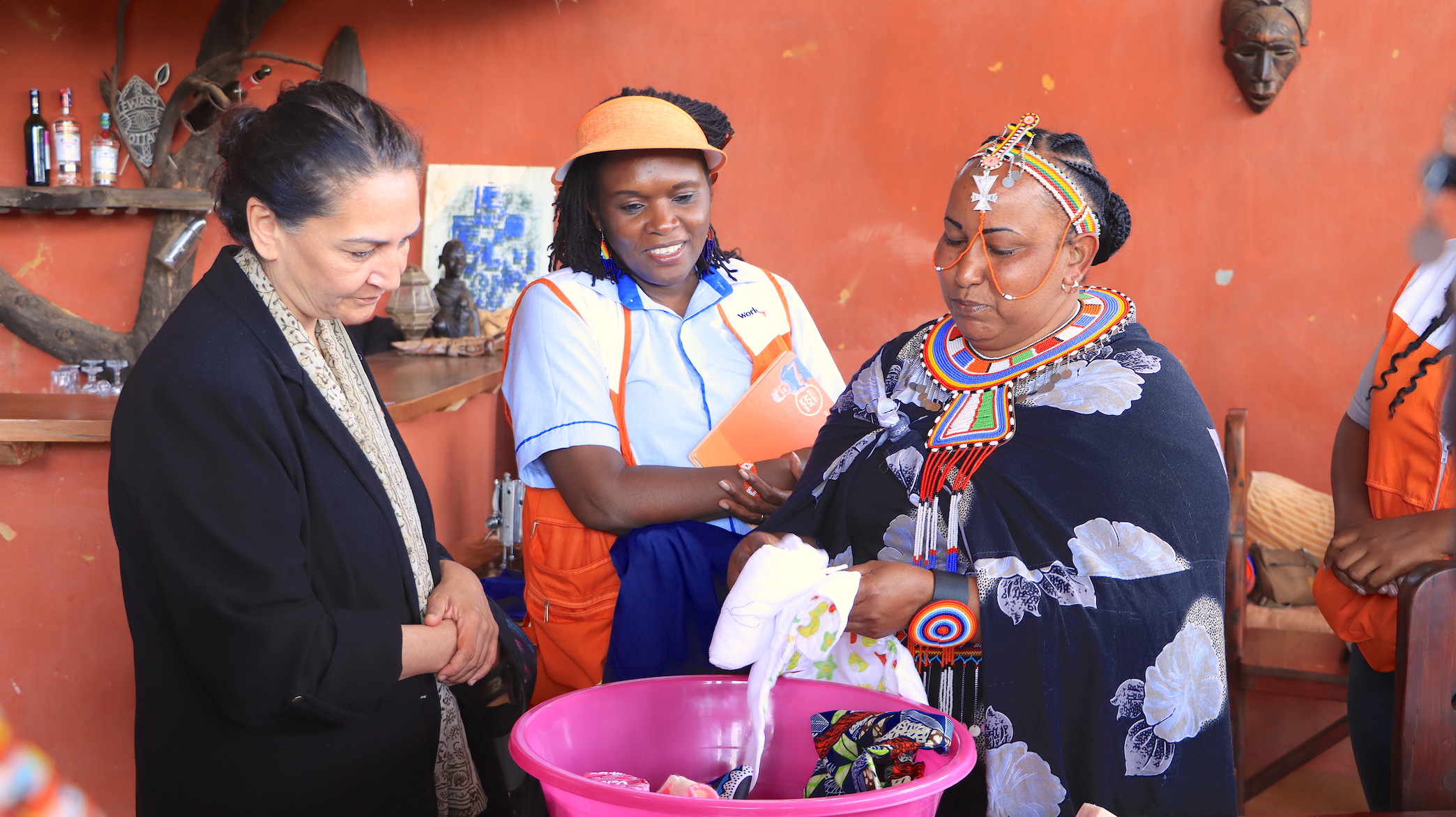
Together with members of the World Vision Kenya Leadership team, Ms Ghelani visited two women's groups that have benefited from World Vision's Integrated Management of Natural Resources for Resilience in Arid and Semi-Arid Lands (IMARA) Programme, which is funded by the Swedish International Development Cooperation Agency (SIDA) through the Embassy of Sweden in Nairobi to a tune of approximately $26 million.
The programme has trained the women's groups on alternative income-generating activities to supplement their household income and withstand the effects of drought.
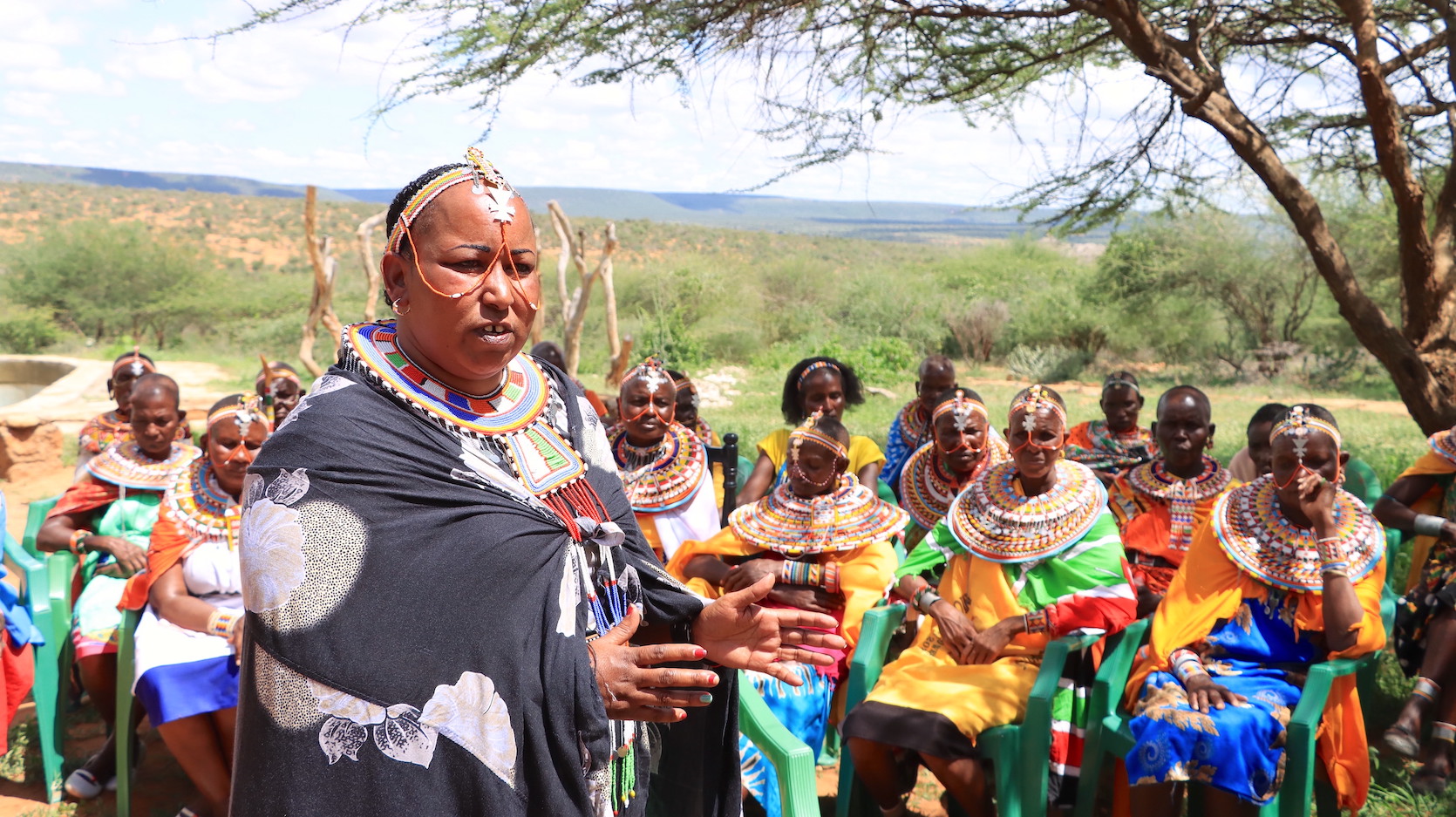
Northern Kenya has experienced one of the worst droughts spanning four years. Livestock-dependent communities have lost their herds due to the lack of pasture and water.
To address this challenge, the IMARA programme has been rolling out interventions to strengthen communities' resilience to prolonged droughts as well as other climate change impacts.

In Laikipia, the Chui Mama Women's Group received beekeeping training and hives, as well as sewing machines and beadwork skills. The additional income enabled them to support their families during the drought season when their livestock died.
"The money we get from selling beads and honey helped to support our families when our livestock died following the prolonged drought in Laikipia," said Modesta Ellie, the group's chair.
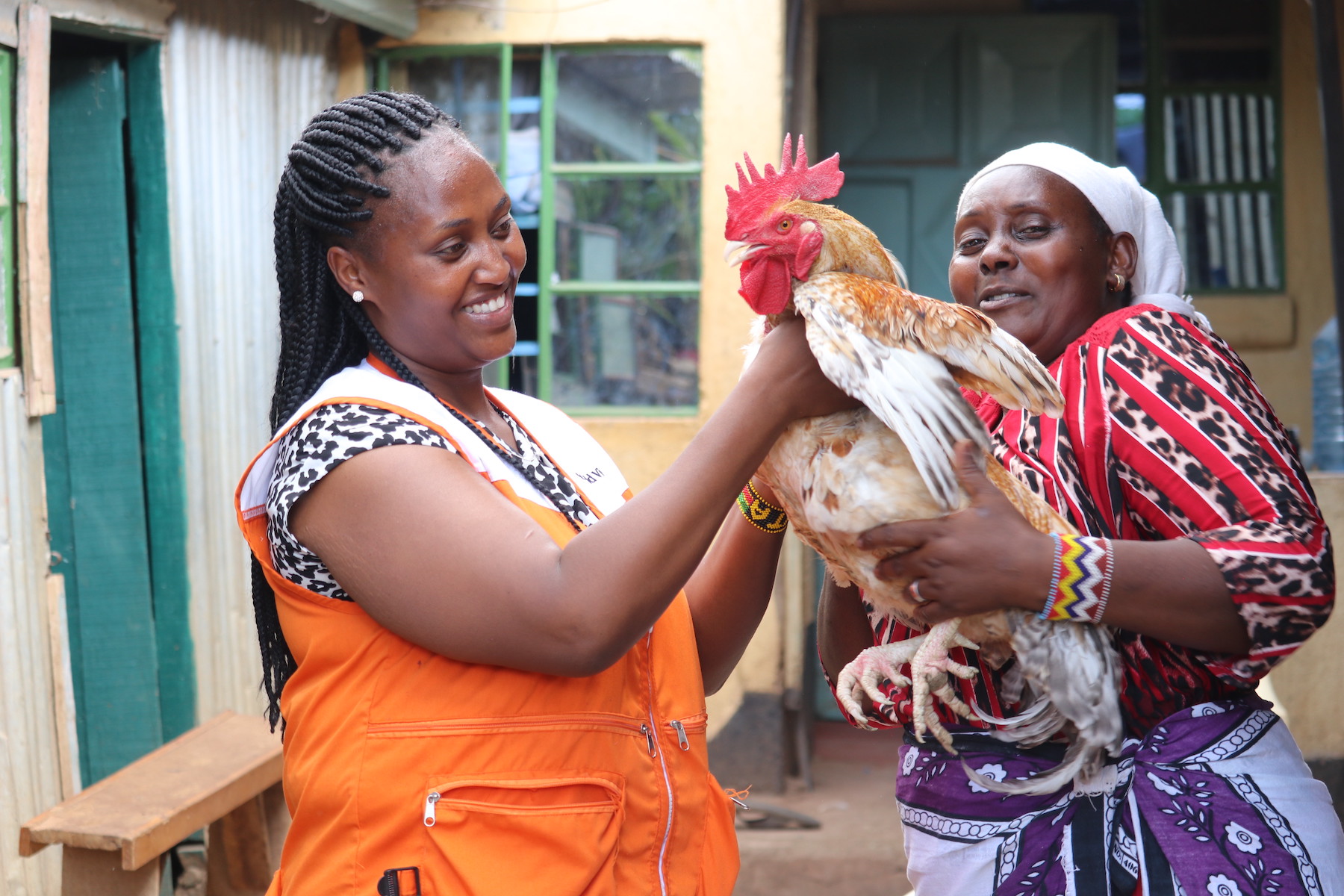
In Isiolo, the Wiukiririe Women's Group received poultry keeping training and a 500-egg incubator and hatchery. They later diversified into pig and dairy goat rearing.
"Initially, we used to line up to get relief food during drought seasons. But this time we did not since we have an income. We can feed our families and take our children to school," said Celina Kathure, the group's chair.
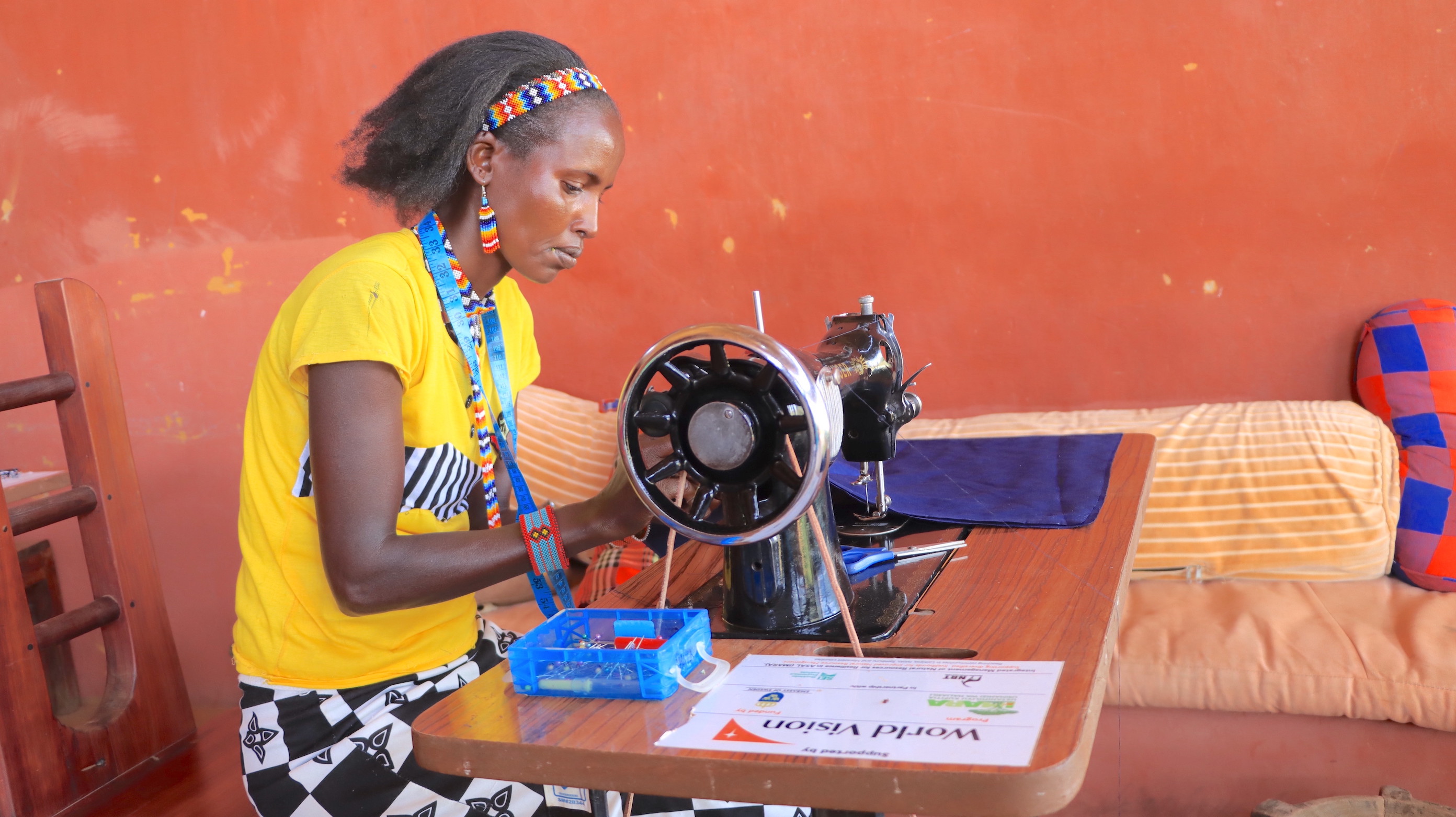
The programme has empowered women's groups through alternative livelihood skills and assets to build their resilience against drought impacts. With diversified income sources, the women are able to provide for their families, take children to school, and save more money. They demonstrate the potential of communities to withstand climate change shocks with the right support.